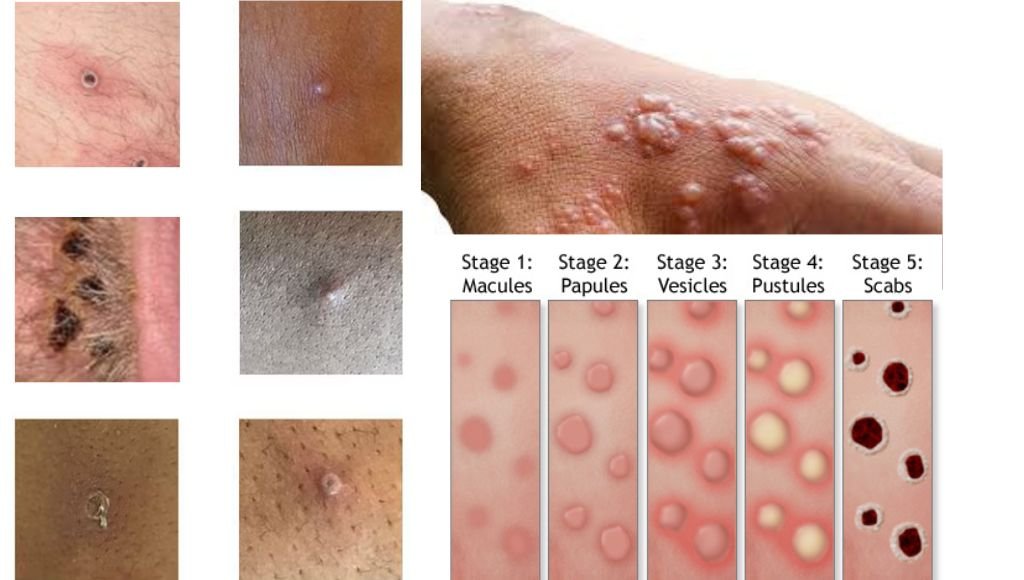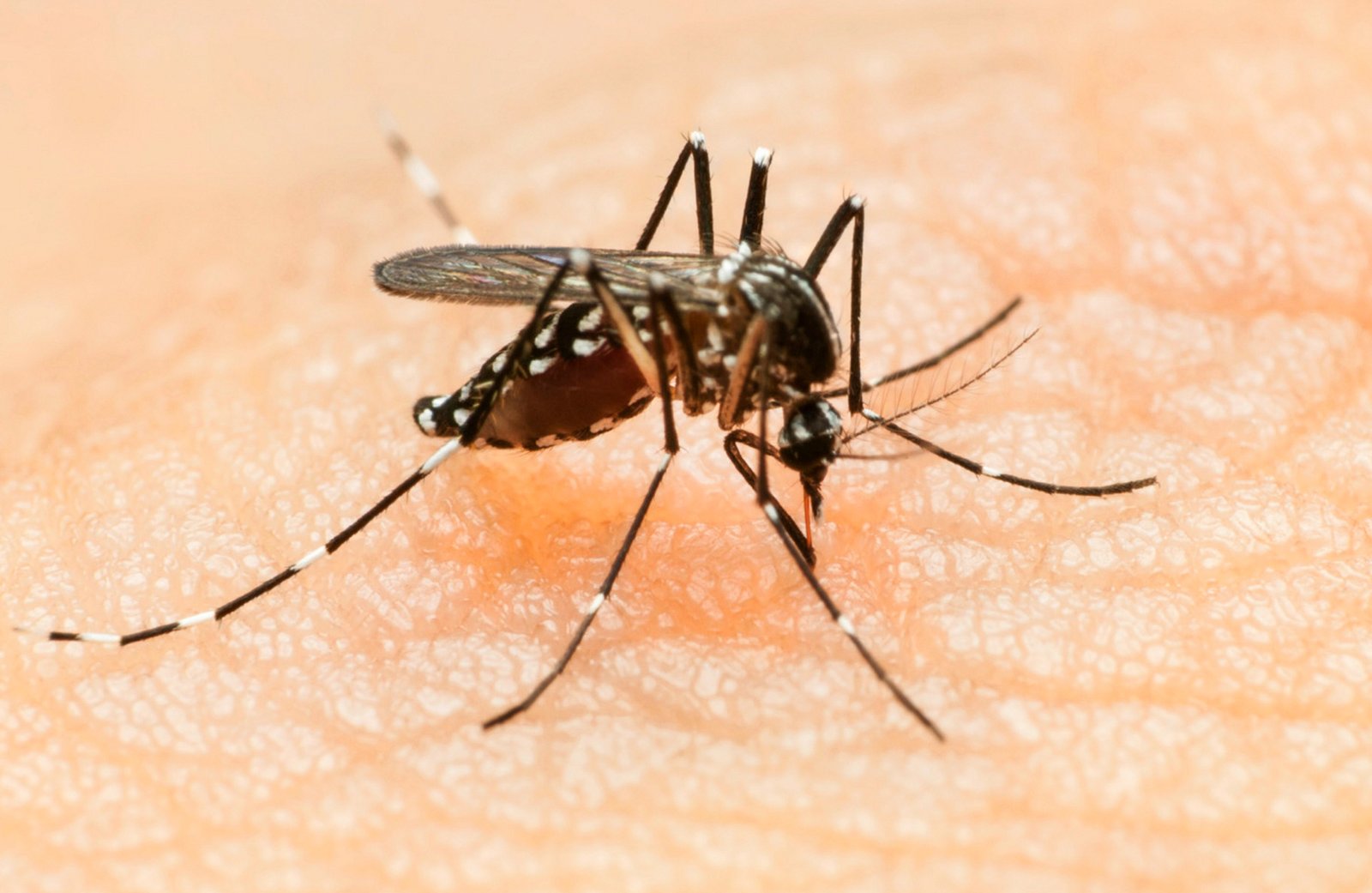Washington, On August 19, 2024, the world finds itself on edge once again. Monkeypox, a rare viral infection, is making headlines as it spreads rapidly across multiple countries, raising fears of yet another global pandemic. The memory of COVID-19 still lingers, and now people are asking whether monkeypox could become the next big global health crisis.
Monkeypox, also known as Mpox, is a zoonotic disease, which means it can spread from animals to humans. It was first discovered in 1958 in colonies of monkeys kept for research, and the first human case was reported in 1970 in the Democratic Republic of Congo. Despite its name, the primary carriers of the virus are not monkeys but rodents, such as rats and squirrels. The virus belongs to the same family as smallpox, but it is generally less severe.
Sweet Snack Secrets: Raisins Slash Blood Sugar by 23% for Diabetics
Symptoms of monkeypox include fever, headache, muscle aches, swollen lymph nodes, chills, and exhaustion. These are often followed by the appearance of a rash, which can look like pimples or blisters. The rash typically starts on the face before spreading to other parts of the body, including the hands, feet, and even inside the mouth. While monkeypox can be a serious illness, it is usually not deadly. The fatality rate for monkeypox is significantly lower than that of smallpox, ranging between 1% and 10%, depending on the strain of the virus and the overall health of the infected person.
However, monkeypox is not a disease to take lightly. While the majority of people recover without complications, the virus can cause severe illness in some individuals. Those with weakened immune systems, pregnant women, and young children are particularly vulnerable to complications. In some cases, monkeypox can lead to secondary infections, respiratory issues, and even inflammation of the brain, which can be life-threatening.
Why You Shouldn’t Sleep on Your Front: The Hidden Health Risks You Didn’t Know About
The current monkeypox outbreak has spread beyond its usual regions in Central and West Africa (17,000 cases reported yet). Cases are now being reported in multiple countries across Europe, North America, Asia, and the Middle East. As of today, the United States has reported 1399 cases. The United Kingdom has recorded 77 cases, and Canada has seen 83 infections. In the Middle East, the United Arab Emirates has reported [No cases reported yet] cases. Meanwhile, India, with its large population, has confirmed [No cases reported yet] cases. Japan, though facing a smaller outbreak, has reported [No cases reported yet] cases.
Health experts are concerned about the spread of the virus in densely populated areas. The more people the virus reaches, the higher the risk of transmission. Monkeypox primarily spreads through direct contact with the rash, bodily fluids, or respiratory droplets of an infected person. It can also spread through contaminated objects, such as bedding or clothing. However, unlike COVID-19, monkeypox does not spread as easily through casual contact, and close, prolonged interaction is usually required for transmission.
Fruit Snacks Are Not What You Think: Here’s Why They Aren’t Really Healthy
In response to the growing number of cases, public health authorities around the world have started taking action to curb the spread of the virus. Some countries have introduced vaccination programs aimed at protecting high-risk individuals. While there is no specific vaccine for monkeypox, the smallpox vaccine has been shown to provide significant protection against the virus. In fact, experts estimate that the smallpox vaccine is about 85% effective in preventing monkeypox infection.
Several countries have already started vaccinating healthcare workers, individuals who have been exposed to confirmed monkeypox cases, and other vulnerable populations. These vaccination campaigns aim to slow down the spread of the virus and prevent further outbreaks.
Overinvolved in Your College Kid’s Life? Here’s Why Letting Go Could Be the Best Gift You Can Give
However, the response to the monkeypox outbreak has been varied. In some regions, governments have implemented strict measures, such as lockdowns and travel restrictions, to prevent the virus from spreading further. For instance, countries with large outbreaks have asked people to limit non-essential travel, avoid large gatherings, and adhere to hygiene practices, such as frequent handwashing and disinfecting surfaces.
These measures, however, have sparked mixed reactions. Some experts argue that while precautions are necessary, lockdowns and travel restrictions may not be justified in the case of monkeypox. Unlike COVID-19, which spreads rapidly and often silently, monkeypox usually requires close contact for transmission. As a result, some health officials believe that such extreme measures may do more harm than good, leading to unnecessary economic strain and social disruption.
Nonetheless, many governments are opting to err on the side of caution. After all, the world is still recovering from the devastating effects of the COVID-19 pandemic, and no one wants to take any chances with another potentially dangerous virus. Public health authorities are focusing on finding the right balance between protecting public health and avoiding unnecessary panic.
In addition to vaccines, researchers are also working on new treatments for monkeypox. While there is no specific antiviral medication for monkeypox at this time, supportive care is generally effective for most patients. Doctors focus on managing symptoms, preventing dehydration, and treating any secondary infections that may arise.
Doja Cat Caught Holding Hands with Stranger Things’ Joseph Quinn in London! Romance Rumors Fly!
For now, health officials are closely monitoring the situation, conducting contact tracing, and advising people to be cautious, especially those who have traveled to affected regions or have been in close contact with someone who has monkeypox. As the situation continues to evolve, there is hope that the spread of the virus can be contained before it turns into a global health crisis.
Still, the uncertainty surrounding monkeypox has left many people feeling anxious. After living through the COVID-19 pandemic, it’s only natural that any new health threat would raise concerns about the possibility of another major outbreak. However, health experts are quick to point out that monkeypox is not likely to escalate to the level of COVID-19.
The good news is that monkeypox is a known virus, and researchers have been studying it for decades. Unlike COVID-19, which was a novel virus that took the world by surprise, monkeypox has been around for a long time, and there are already vaccines and treatments available. Furthermore, the virus does not spread as easily as respiratory viruses like COVID-19 or the flu. As a result, while monkeypox is certainly a cause for concern, it is not expected to cause the same level of disruption as COVID-19.
Monkeypox is an emerging threat that the world is watching closely. While the current outbreak has raised alarms and prompted a swift response from health authorities, experts remain cautiously optimistic that the virus can be contained. Vaccination programs, public awareness campaigns, and responsible behavior can all help to prevent monkeypox from spreading further. As always, it is important to stay informed, follow the guidance of health officials, and take appropriate precautions to protect yourself and your community.
Dan Da Dan: First Encounter Tickets Go on Sale and Fans Can’t Wait for the Spooky Premiere!
As the world waits to see how the monkeypox outbreak will unfold, one thing is clear: We cannot afford to be complacent. The lessons learned from the COVID-19 pandemic remind us that preparation, vigilance, and swift action are key to preventing future health crises. Whether monkeypox will fade away or become a bigger problem, only time will tell. But for now, the world is watching, hoping that this virus will not become the next big pandemic.



